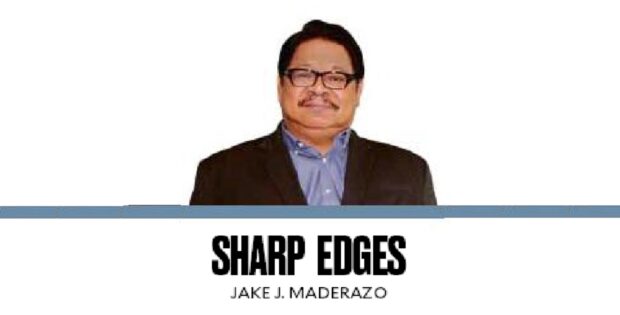Gov’t should protect investors, not betray them. Camp John Hay property owners deserve justice

For decades, the Philippine government has invited investors—both local and foreign—to pour their hard-earned money into economic zones, real estate projects, and tourism ventures, promising them stability, protection, and the rule of law. Now, in what can only be described as a betrayal of investor trust, the Bases Conversion and Development Authority (BCDA) is aggressively moving to take over privately owned properties in Camp John Hay, threatening the rights of hundreds of Filipino and foreign investors who acted in good faith.
This is more than just a land dispute—it’s a test of whether the Philippine government respects property rights or if it will bend the law to serve its own interests.
A Deal Gone Wrong—But Not for the Owners
Camp John Hay was supposed to be a model of Public-Private Partnership (PPP) success—a collaborative effort between the government (via BCDA) and Camp John Hay Development Corporation (CJHDevCo) to transform the former U.S. military base into a world-class tourism estate. Investors—ordinary Filipinos, retirees, business owners, and expatriates—put their money into condotel units, homes, golf shares, and club memberships based on legally binding agreements. Their investments were supposed to last until 2046.
However, due to BCDA’s breach of contract, the deal unraveled. In 2015, an Arbitral Tribunal ruled in favor of CJHDevCo, confirming that BCDA had violated the lease agreement from the beginning. The Supreme Court later upheld this ruling in October 2024, ordering mutual restitution—CJHDevCo had to vacate the property, and BCDA had to return all rental payments made by CJHDevCo.
CJHDevCo complied. But BCDA, instead of focusing on its financial obligations, turned its sights on seizing properties owned by private individuals who were never part of the dispute.
BCDA’s Overreach—Taking What Was Never Theirs
Let’s be clear: The Supreme Court did not order BCDA to remove property owners. It only reaffirmed the arbitration decision, which ruled that the land should be returned to BCDA “as far as practicable.” This means that improvements legally built and owned by investors should remain protected.
Yet, BCDA is treating homeowners and business investors as mere tenants, disregarding their legal ownership of improvements that were purchased under 50-year agreements. Some unit owners have already received notices to vacate, despite their contracts still being valid for more than 20 years.
This raises a crucial question: If the government itself cannot honor contracts, why should investors—local or foreign—trust it in the future?
Breaking Trust and Undermining the Economy
BCDA’s actions send a chilling message: invest in the Philippines at your own risk. If even government-approved investments in special economic zones can be overturned at a whim, what does that say about the reliability of Philippine business agreements?
This isn’t just about Camp John Hay—it’s about how the Philippines treats investors who follow the rules. If BCDA succeeds in forcibly evicting owners without due process or just compensation, the consequences will be felt far beyond Baguio:
• Foreign investors will think twice before putting money into Philippine tourism, real estate, and infrastructure projects.
• Local entrepreneurs and retirees will hesitate to invest in government-endorsed economic zones.
• The country’s reputation for protecting property rights will be damaged, affecting confidence in PPPs and long-term investment agreements.
A Legal and Moral Obligation
BCDA has two legal options:
1. Recognize the rightful ownership of improvements and allow property owners to keep what they paid for until 2046.
2. Pay just compensation to the unit owners if BCDA insists on taking back the properties.
What it cannot do—at least not without violating the law—is simply confiscate properties that were purchased in good faith, built with private funds, and legally recognized under the original agreement.
Camp John Hay Owners Must Stand Firm
BCDA is gambling that property owners will simply roll over and accept their fate. But they shouldn’t.
Property owners—both Filipino and foreign—must unite and fight back, using every legal avenue available. They should:
• Challenge eviction notices in court to assert their ownership rights.
• Seek public and international support to highlight the issue as a case of government overreach.
• Engage with lawmakers to ensure that property rights remain protected under Philippine law.
The fight for Camp John Hay is not just about land—it’s about holding the government accountable and ensuring that investors, big or small, are treated fairly and lawfully.
If BCDA gets away with this, what’s stopping another government agency from breaking contracts, seizing properties, and betraying investors in the next PPP project?
This is a moment of reckoning. The owners at Camp John Hay deserve justice, and the Philippine government must decide whether it stands for the rule of law or for arbitrary power.



















